Mechanics
Supercritical CO2 degreases as efficiently as an organic solvent, it can infiltrate all the interstices of a mechanical part (blind holes, cavities of very small diameter). The part is ready to be transferred to the next production step: part at room temperature, no washing residues on the surface of the part.
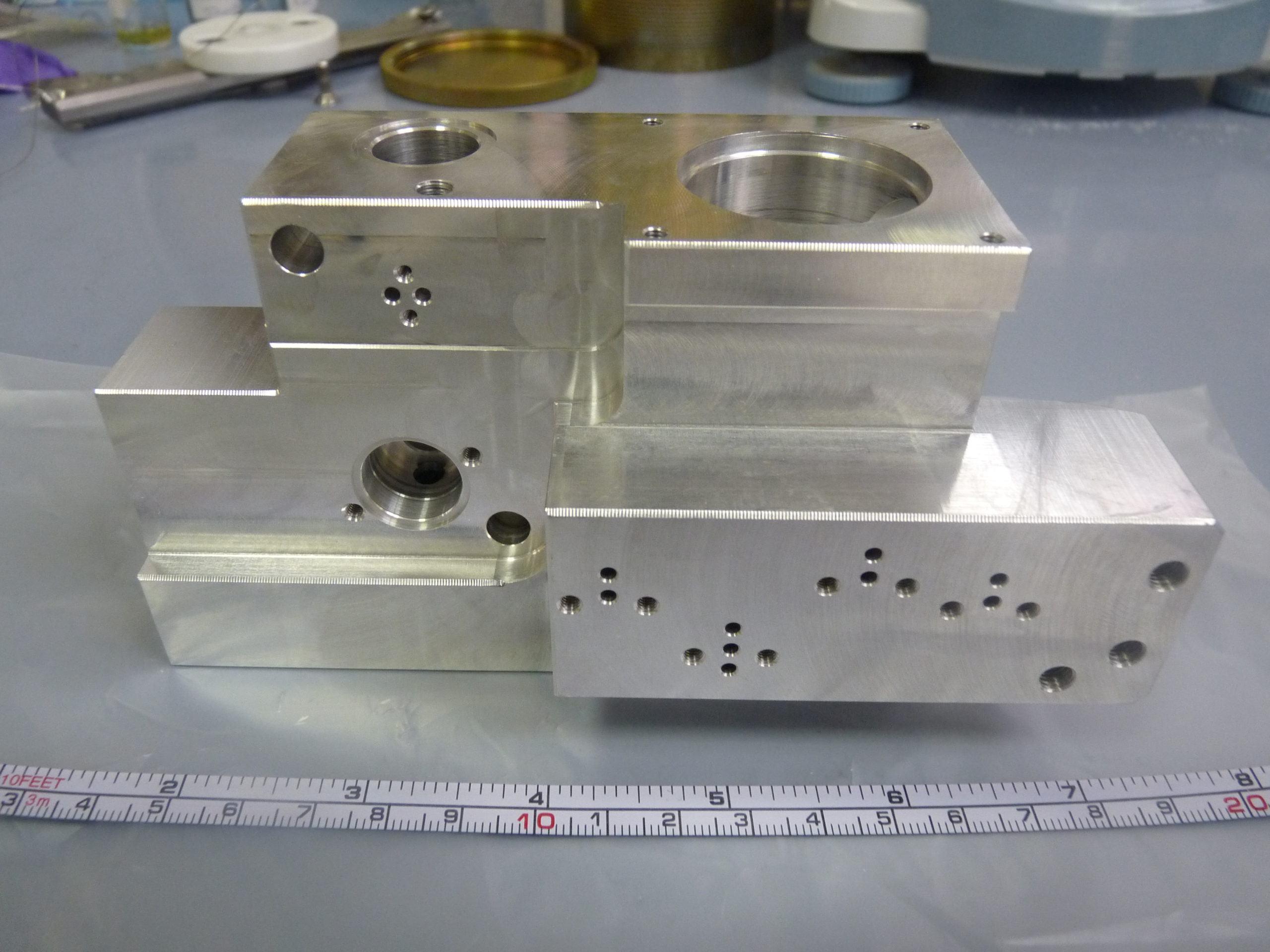
Improve the cleanliness of your parts with a respectful and ecological process
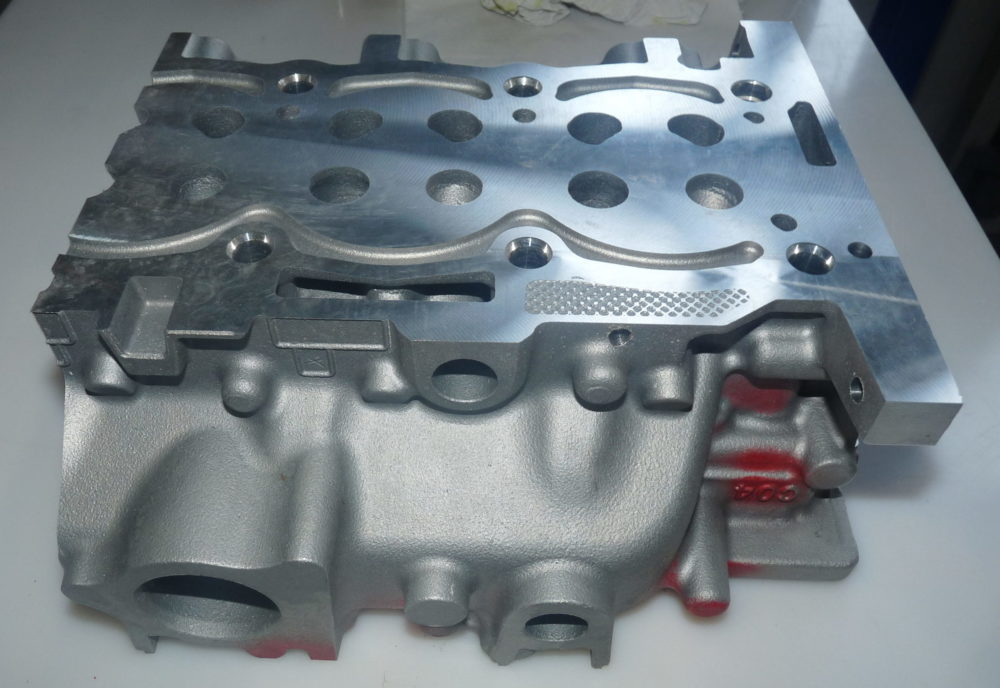
Supercritical CO2 is suitable for all mechanical and polymeric parts, of all types
CO2 is compatible with all types of materials including aluminum and most of the polymers.
Its neutrality towards materials means that it does not oxidize or attack them during cleaning, degreasing and deburring.
Suitable for all types of parts, even those which are particularly difficult to clean, e.g. complex parts with blind holes, tubes.
![]() The quality of cleaning has been validated against the ISO 15001 standard for gas companies.
The quality of cleaning has been validated against the ISO 15001 standard for gas companies.

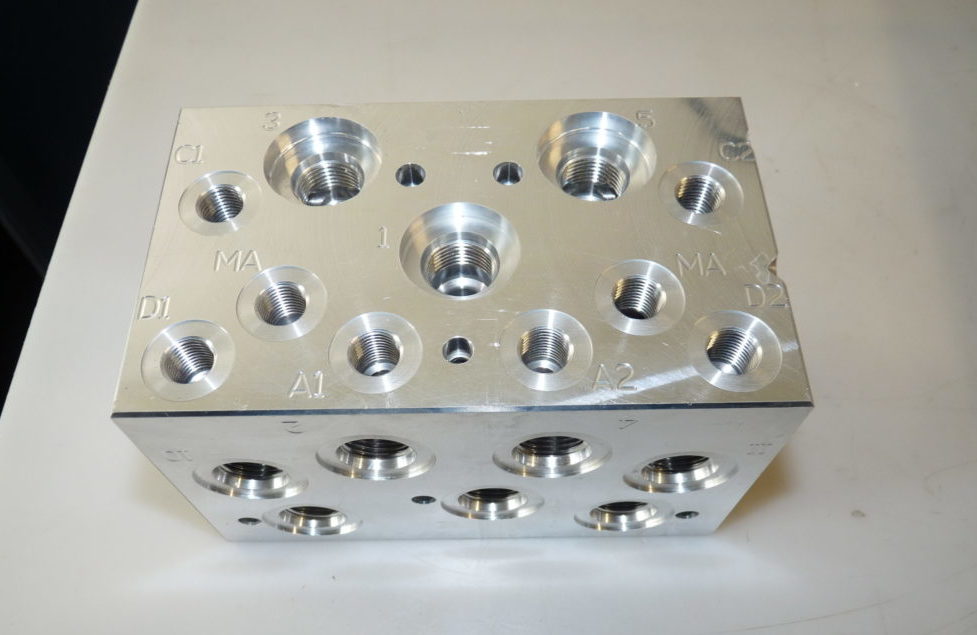
No cleaning solvent residues
Dense Fluid Degreasing’s supercritical CO2 cleaning process replaces trichloroethylene, perchloroethylene and detergent processes.
Unlike other cleaning processes, the gaseous nature of CO2 at atmospheric pressure guarantees the absence of any traces on the cleaned parts. No drying step is necessary and the parts are at room temperature, ready to use.
Processing of complex parts
Pressurized supercritical CO2 penetrates all blind holes and cavities in a complex part to degrease both the interior and exterior of the part.
Ultra-sound and agitation ensure perfect deburring both inside and outside the parts.
![]() Working at low temperatures
Working at low temperatures
![]() No drying required
No drying required
![]() No risk of corrosion of materials
No risk of corrosion of materials
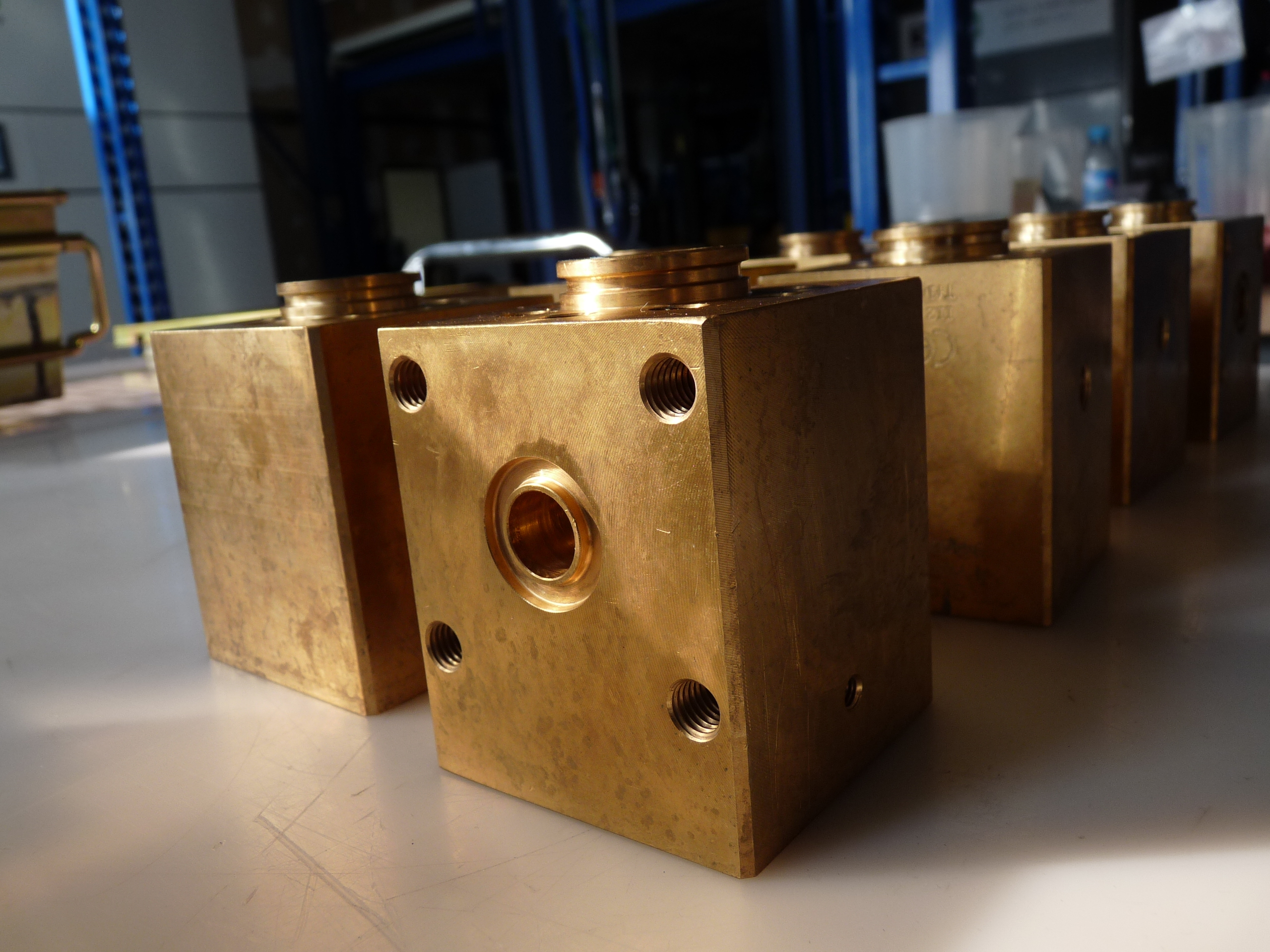
Discover other supercriticalCO2 cleaning applications
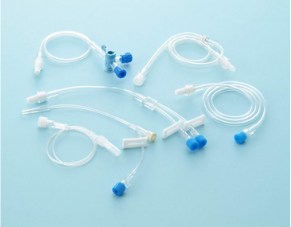
For the medical sector
![]() Range of machines adapted to the clean room environment
Range of machines adapted to the clean room environment![]() Offset machine body
Offset machine body![]() Pre-sterilization of DM
Pre-sterilization of DM
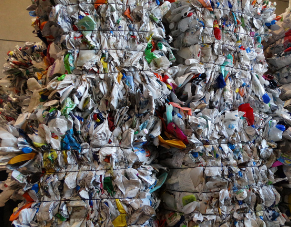
For recycling
![]() Recycling of metal chips
Recycling of metal chips![]() Extraction of pollutant molecules from a polymer matrix
Extraction of pollutant molecules from a polymer matrix
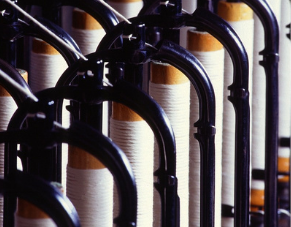
For textiles
![]() Autoclaves that can accommodate widths up to 3m
Autoclaves that can accommodate widths up to 3m
![]() Degreasing bulk textilesor on reels
Degreasing bulk textilesor on reels
Find out more
Can CO2 cause damage or corrosion to treated materials?
No, theCO2 is inert towards the metals and alloys to be cleaned. It is therefore safe to use.
Can traces of CO2 remain on the mechanical parts?
No,CO2 exists only in a gaseous state (as in the air we breathe), which is why it is not found after cleaning.







